Understanding "Zero Dark Thirty"
The phrase "Zero Dark Thirty" comes from the military's 24-hour time system, also known as military time. In this system, hours are counted from 00:00 (midnight) to 23:59 (11:59 p.m.), eliminating the need for "a.m." and "p.m." designations.- "Zero" refers to the zero in front of the time for hours in the early morning (00:00 to 09:00).
- "Dark" refers to the time of night or early morning when it is still dark outside.
- "Thirty" typically refers to 30 minutes past the hour.
Thus, "Zero Dark Thirty" is used to indicate an unspecified time during the night or early morning, but commonly refers to an early hour such as 00:30 or 03:30, when it is still dark and when military missions often begin. In military slang, it simply means a time when it’s very dark, very early, and typically when operations are conducted.
The Tactical Advantage of Night Operations
Historically, nighttime has been a preferred period for military operations due to the element of surprise and the cover that darkness provides. Attacking or moving under the cover of darkness allows troops to conceal their movements from the enemy, gain a tactical advantage, and avoid detection by opposing forces.
In modern warfare, night operations have become more sophisticated with the advent of night vision technology, infrared devices, and specialized training for nighttime combat. These tools allow military units to operate effectively in low-visibility conditions, providing a distinct advantage over adversaries who may not have access to similar technology.
Nighttime Operations in History
Throughout history, military forces have leveraged darkness to carry out surprise attacks, covert operations, or strategic movements:
- World War II: The Allies conducted numerous nighttime bombing raids and infantry movements to avoid detection by Axis forces.- Vietnam War: U.S. forces often engaged in "Zero Dark Thirty" missions to surprise the Viet Cong in their jungle strongholds.
- Gulf War (1990-1991): The U.S. and coalition forces made extensive use of nighttime aerial bombardments and ground operations to maintain the element of surprise and minimize casualties.
The tactical advantage provided by darkness remains a core aspect of modern military strategy, especially with the development of sophisticated night vision goggles and thermal imaging, allowing soldiers to see and operate effectively at night.
"Zero Dark Thirty" in Popular Culture
The term "Zero Dark Thirty" gained widespread public recognition with the release of Kathryn Bigelow’s 2012 film Zero Dark Thirty, which chronicles the decade-long hunt for Osama bin Laden and the U.S. Navy SEAL raid on his compound in Abbottabad, Pakistan, on May 2, 2011. The film’s title refers to the time at which the SEALs launched their nighttime raid—under the cover of darkness.While the film was a dramatic retelling of real events, the title served as a nod to the military's tradition of conducting high-stakes operations in the dead of night, reinforcing the association of "Zero Dark Thirty" with secrecy, precision, and the critical timing of special forces missions.
Use of "Zero Dark Thirty" in Modern Military Operations
In contemporary military operations, the term "Zero Dark Thirty" is often used informally by service members to describe early-morning missions or duties. These operations might involve any number of tasks, such as raids, reconnaissance, or airstrikes, where the element of surprise or the need for secrecy makes night or early-morning hours an ideal time to act.The U.S. military and other armed forces worldwide continue to train extensively for nighttime operations, as missions conducted under cover of darkness allow troops to capitalize on the enemy's reduced visibility, disorientation, and general unpreparedness.


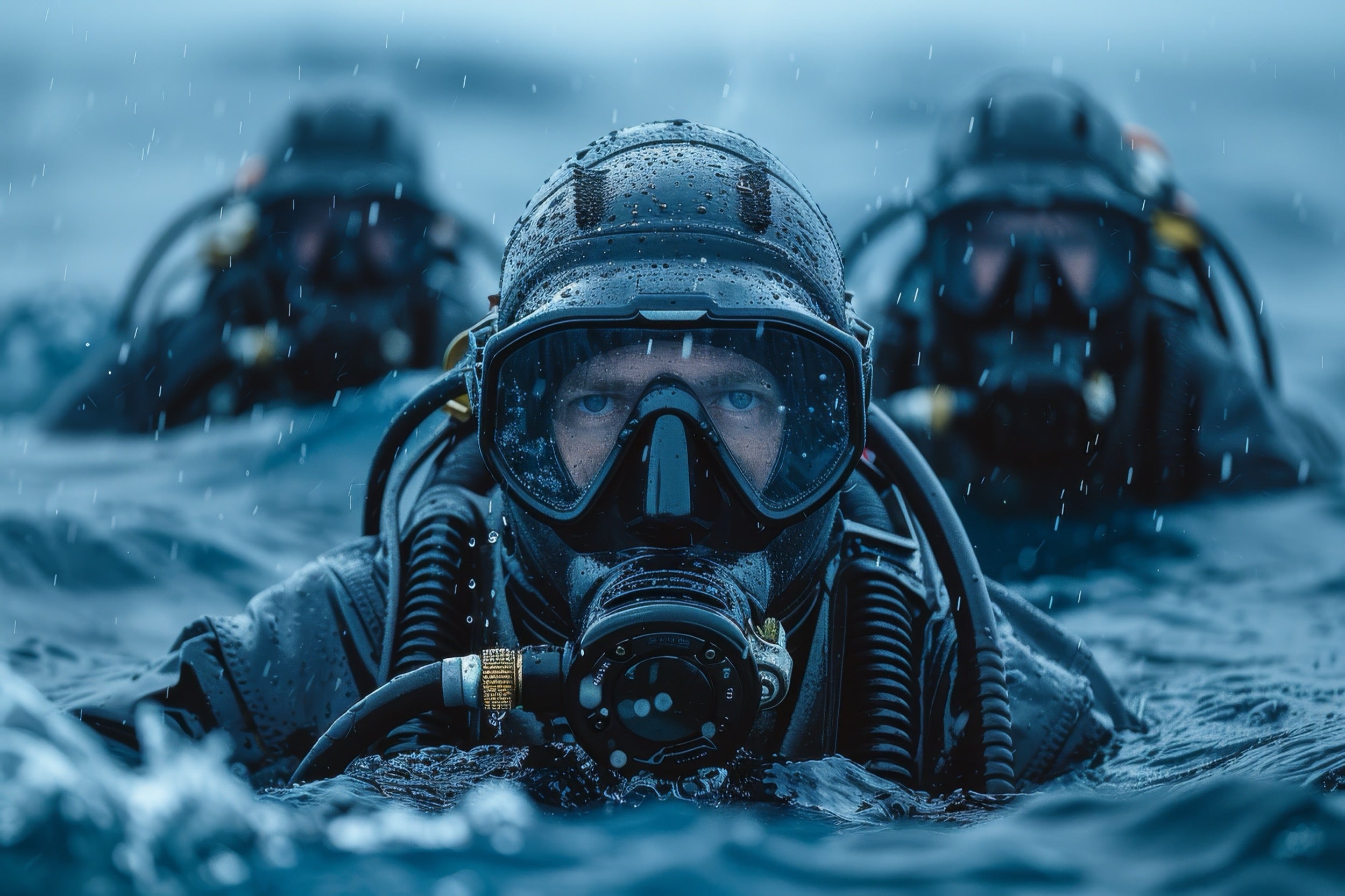
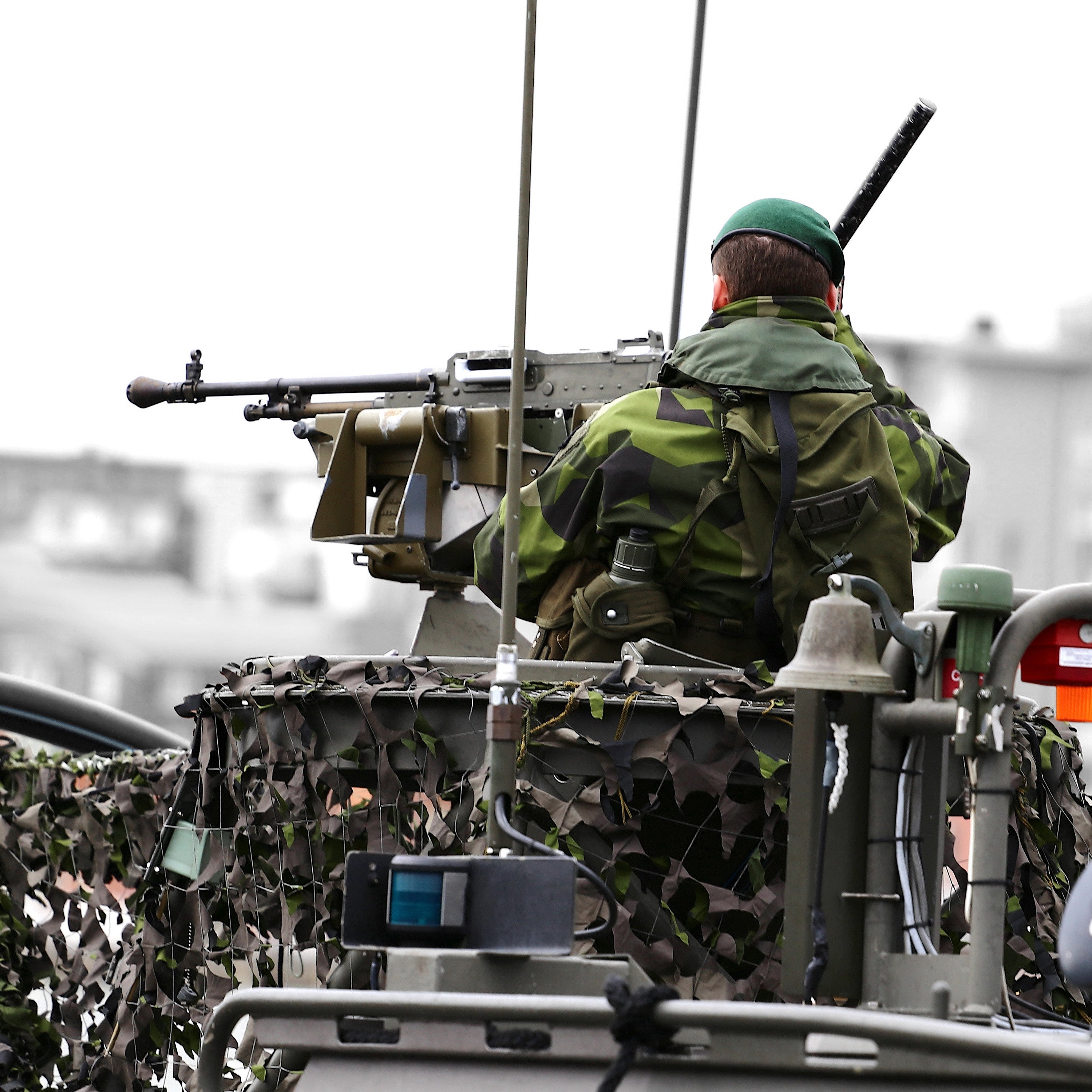



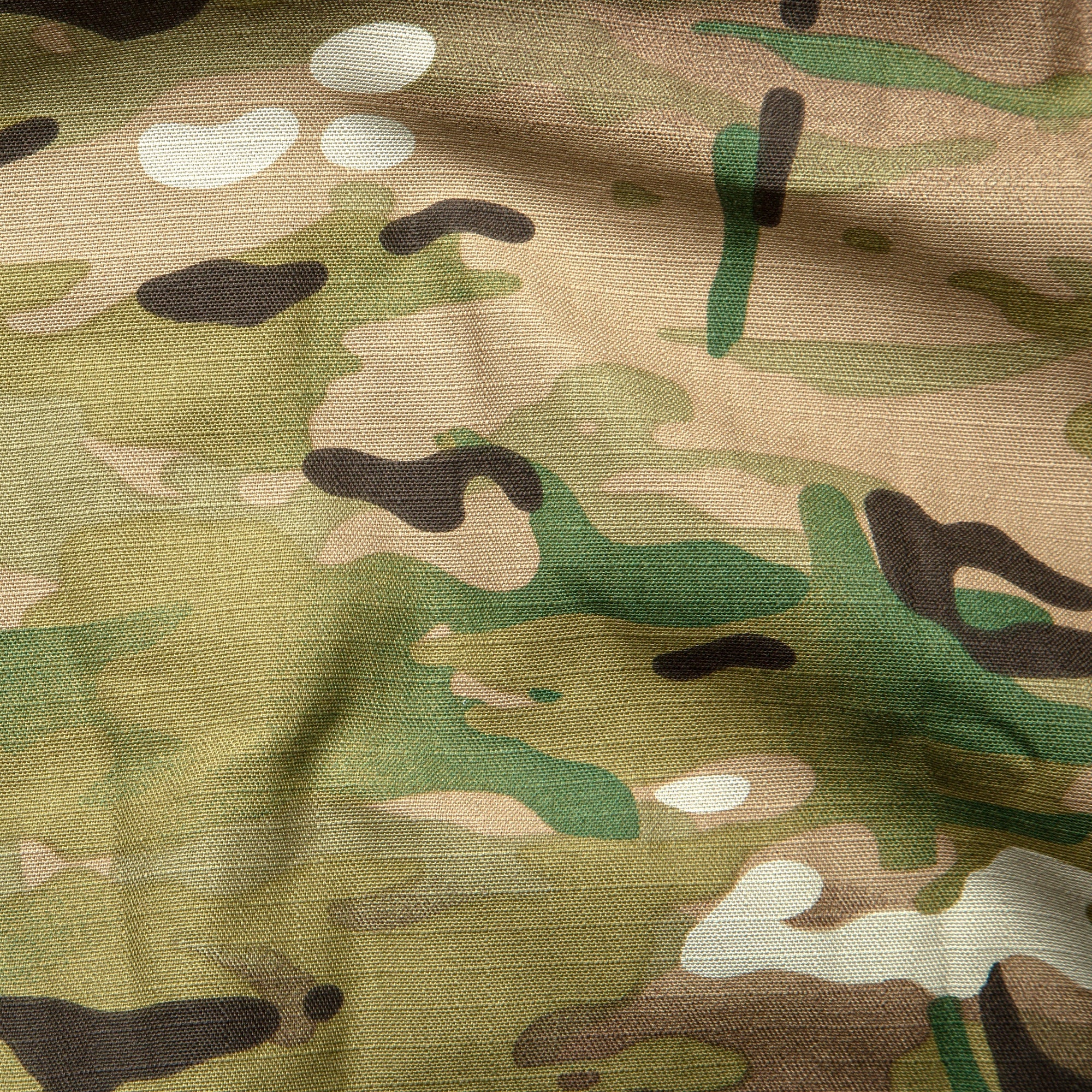
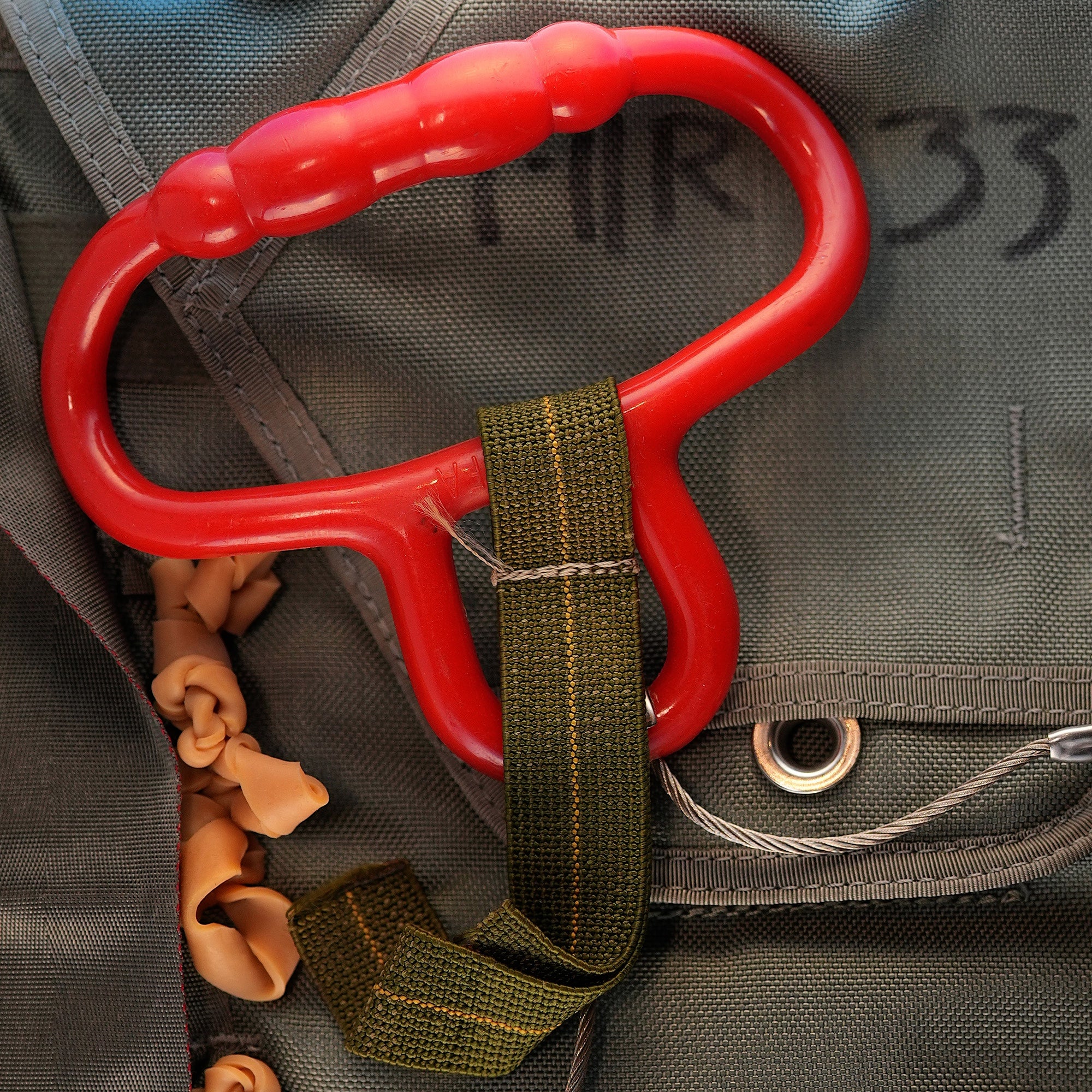



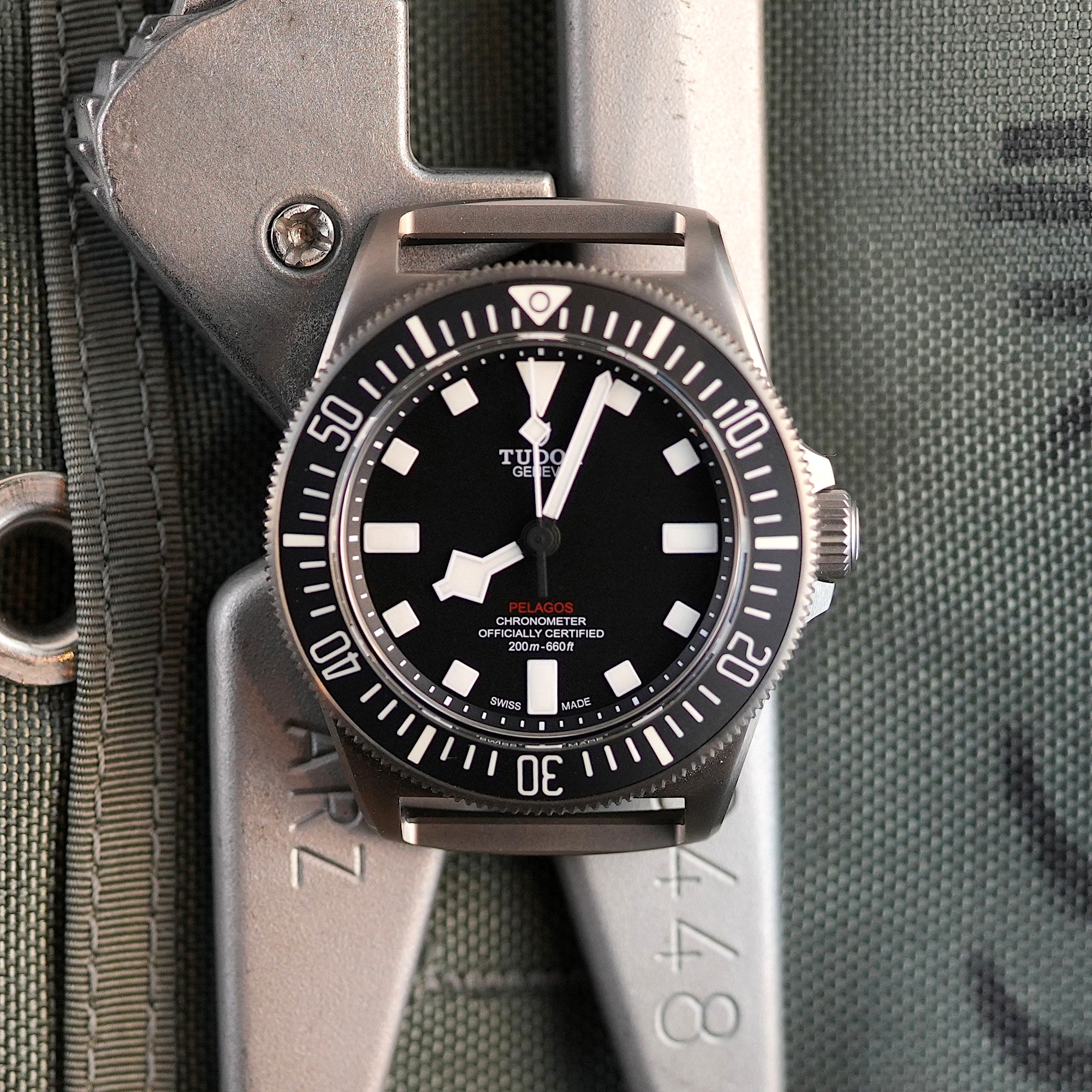
Share:
The Martin-Baker Ejection Seat: A Lifesaving Innovation in RAF Aviation
The Patrol Boat, Riverine (PBR) in the Vietnam War: Navigating the Mekong Delta’s Frontlines